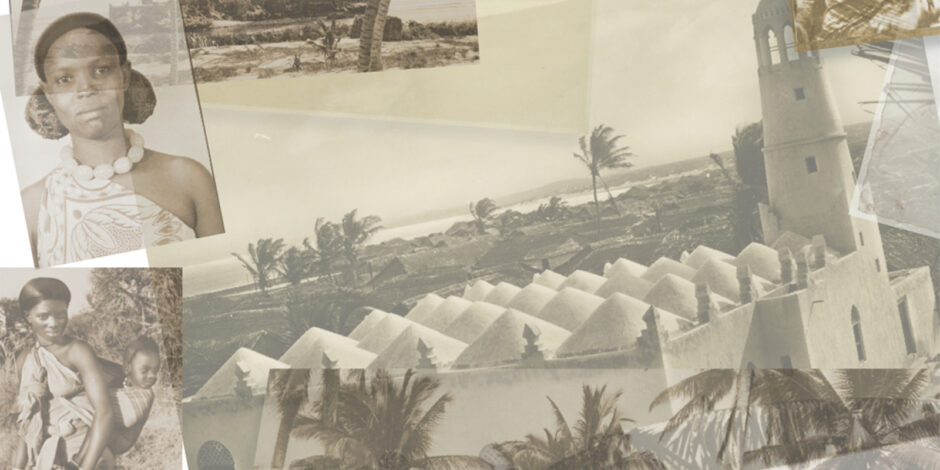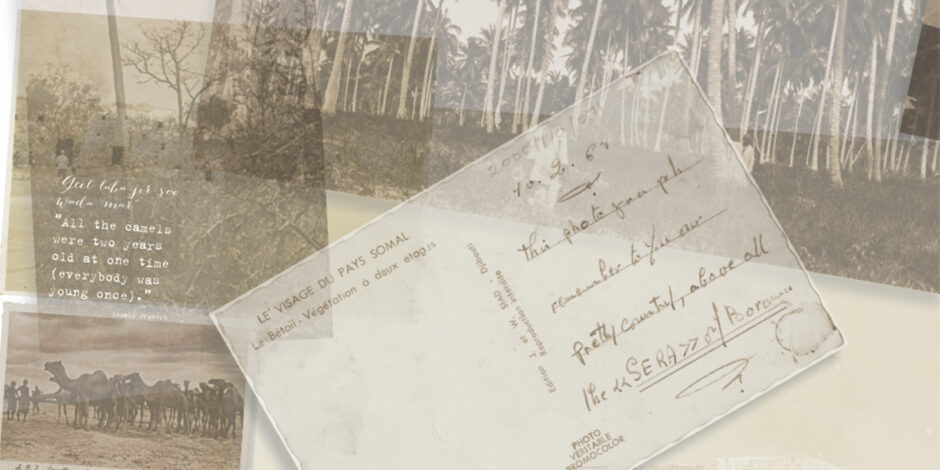I didn’t really know about tribalism until another Somali asked me what my tribe was about 10 years ago. It brought about a lot of confusion.
I’d grown up in Bristol and my parents had never even mentioned tribes. I asked them what it meant. They told me that talk of tribalism was unnecessary and that I didn’t need to know. Now 23, I wanted to find out why it meant so much to other Somalis in Bristol. This is not an exhaustive analysis of tribes, but rather a brief intro to a very complex issue.
What is a Somali Tribe?
Somali tribes are groups of people who shared a nomadic ancestry. Every single Somali person belongs to a tribe. They originated in East Africa but are now spread all over the world due to many Somalis fleeing Somalia. The majority of Somalis belong to four main tribes: the Darod, Hawiye, Dir and Isaaq clans. Somalis can track their lineage through them. They tend to be associated with certain areas of the Horn of Africa.
Tribalism has heavily influenced politics in Somalia and created severe divides. It was a major factor in the civil war in the 1990s. It is still a key part of many Somalis lives today and that includes right here in Bristol.
What does this mean for Somali lives in Bristol today?
I wanted to get a perspective from older Somalis in the city. It’s often said that Somalis born in Somalia are more likely to have a stronger view on tribalism. One elder I spoke to highlighted how tribes are taken very seriously in Bristol. Some people will not work with those who come from tribes they do not like. This is a very secretive issue, but the individual I spoke to assured me it does exist.
Some feel they are superior to people who belong to other tribes. This superiority frequently seeps into the private sphere too. Some Somalis even reject marriage proposals for their children if the potential match is from the ‘wrong’ tribe. It’s interesting that tribalism is seen to have such a significant impact on how the Somali community here operates and yet it is not always obvious. Unless you belong to the tribes that are heavily involved in the governance of the community, it can remain hidden.
What do young Somalis in Bristol think?
I also asked a few young Somalis in Bristol what their opinion was on the subject. Many of them said that tribes were good for identifying who your relatives were and where your lineage was from. These are really positive attributes of tribalism because they allow for Somalis to bond with one another no matter where in the world they are.
One person I spoke to recalls being lost back in Somalia. After mentioning her tribe, the locals know where her relatives were and helped her get home.
“I was able to get home safely back in the motherland because I knew what my tribe was”
Others I spoke to claimed that they have no personal connection to tribalism or their tribe. It was clear though, that the culture and importance of tribes was still evident amongst young Somalis in Bristol.
Is it time for the Somali diaspora to let tribalism go?
History in Somalia has an impact on Somali diaspora today. We now have the chance to remove cultural stigmas and toxic traits that follow certain traditions. One of these is this sense of discrimination that comes with tribalism. More conversations need to be had in the wider community around tribalism and how it affects us. Tribalism seems to be something only understood by Somalis. It’s time we all started paying attention to it because it shapes how the Somali community right here in Bristol continue to operate.


